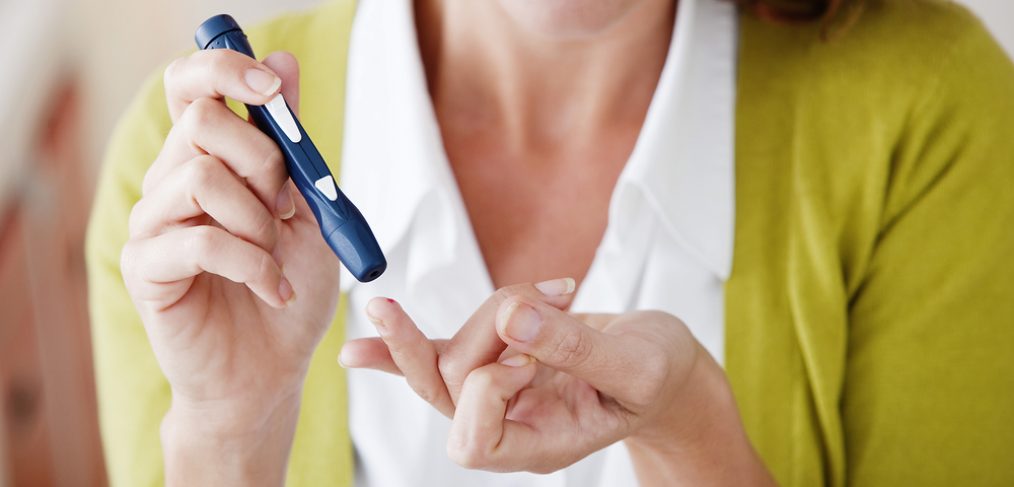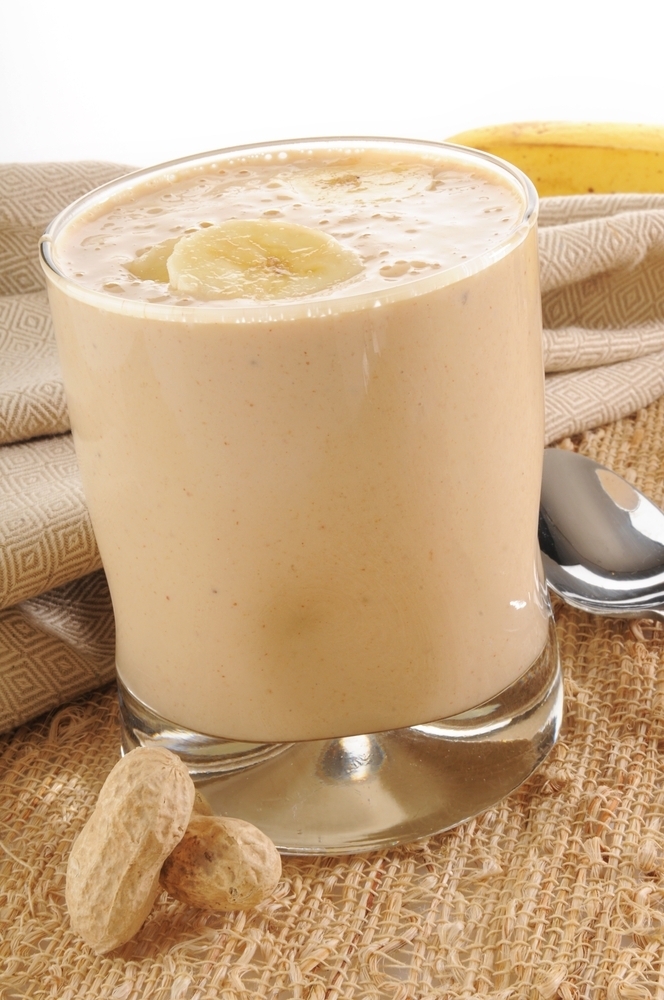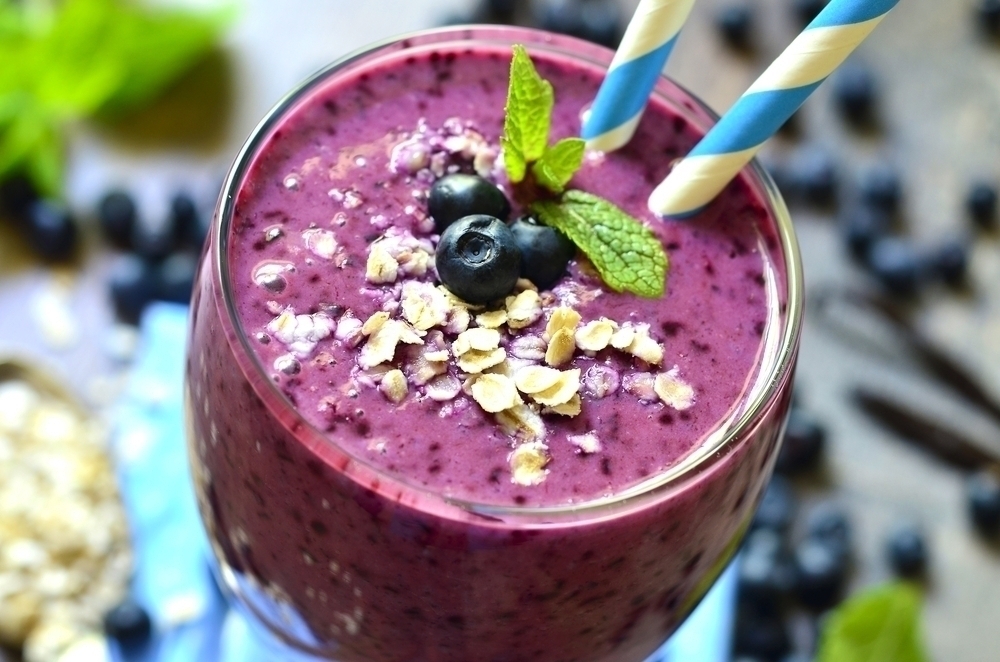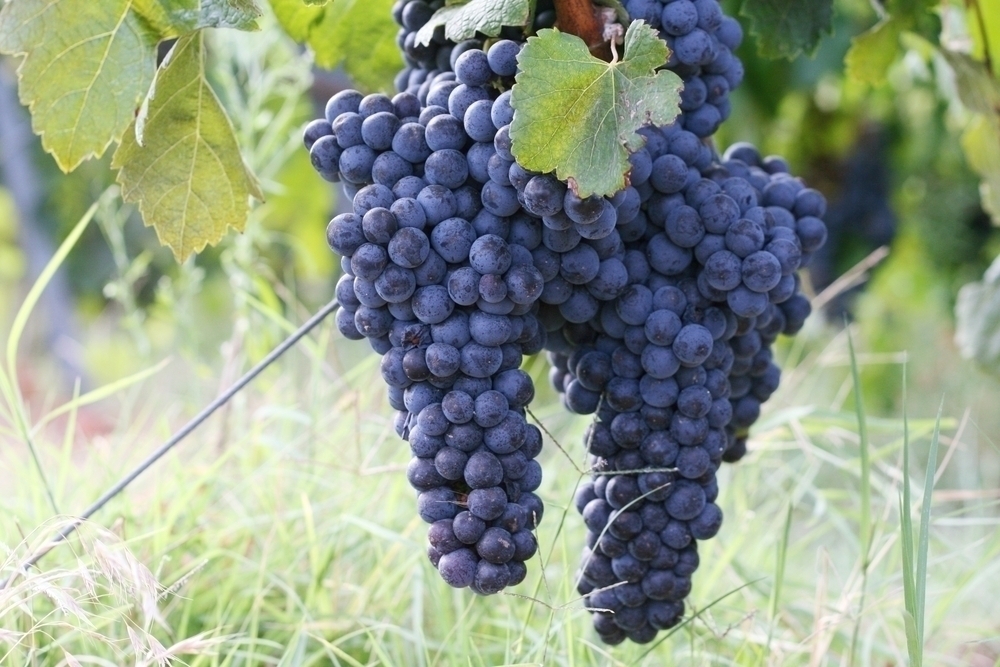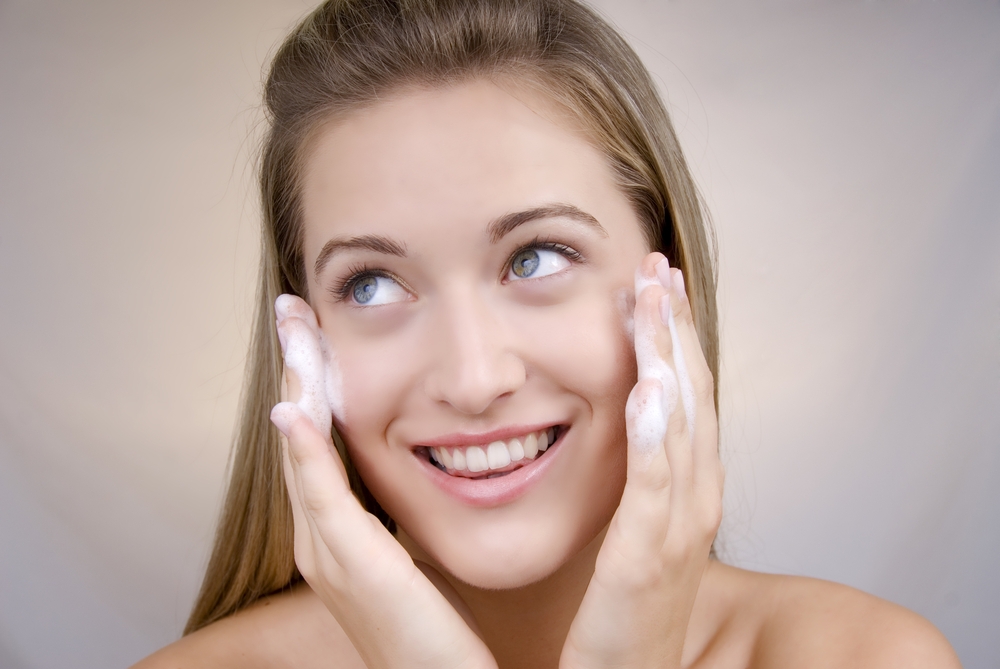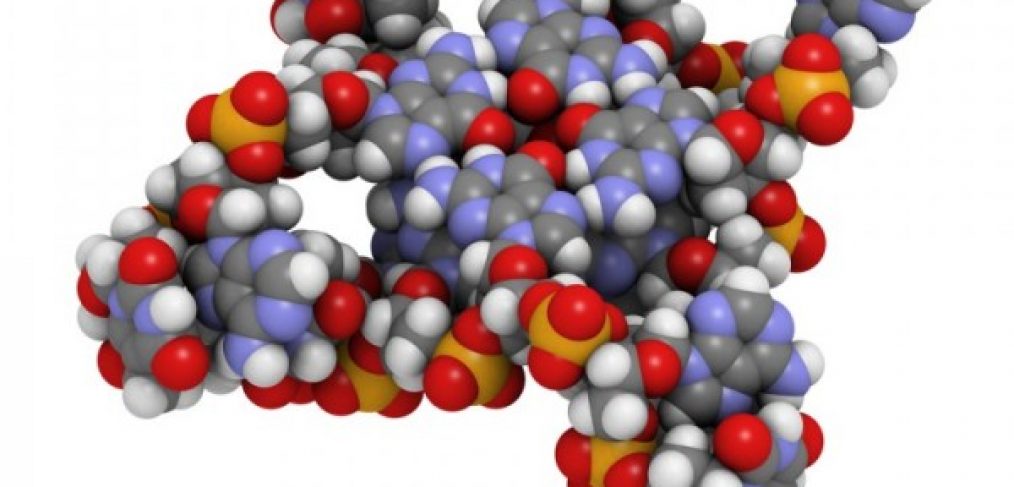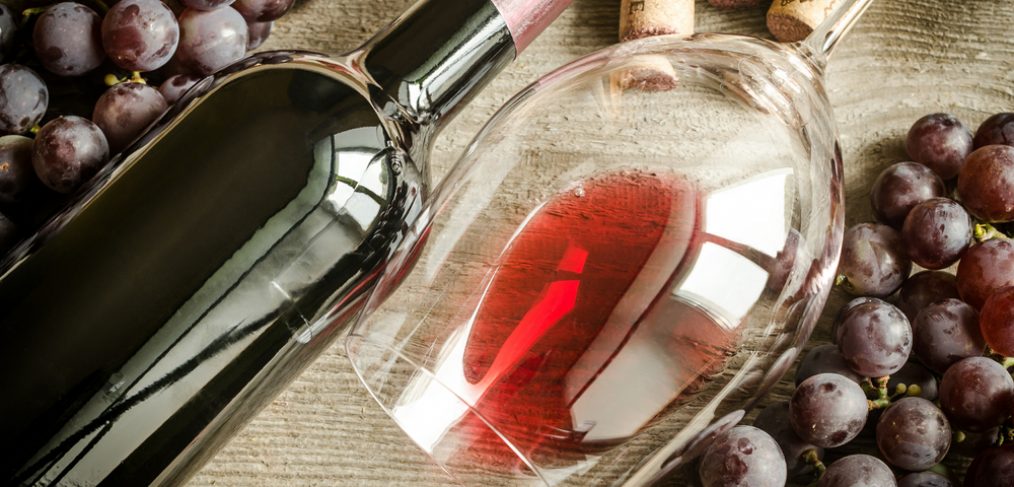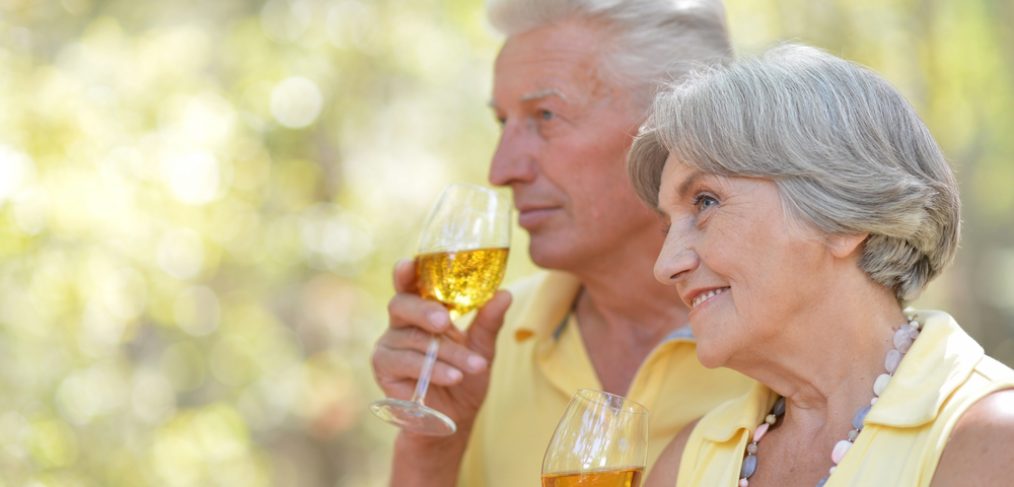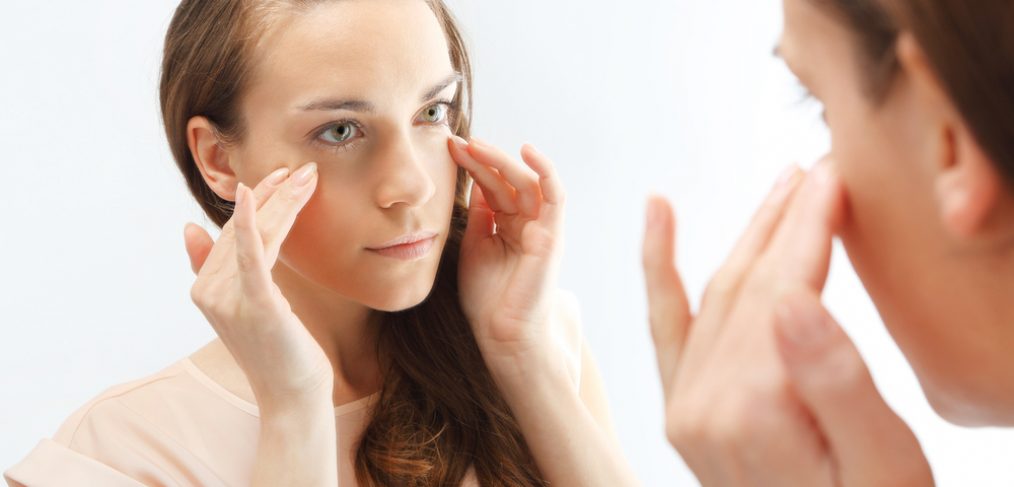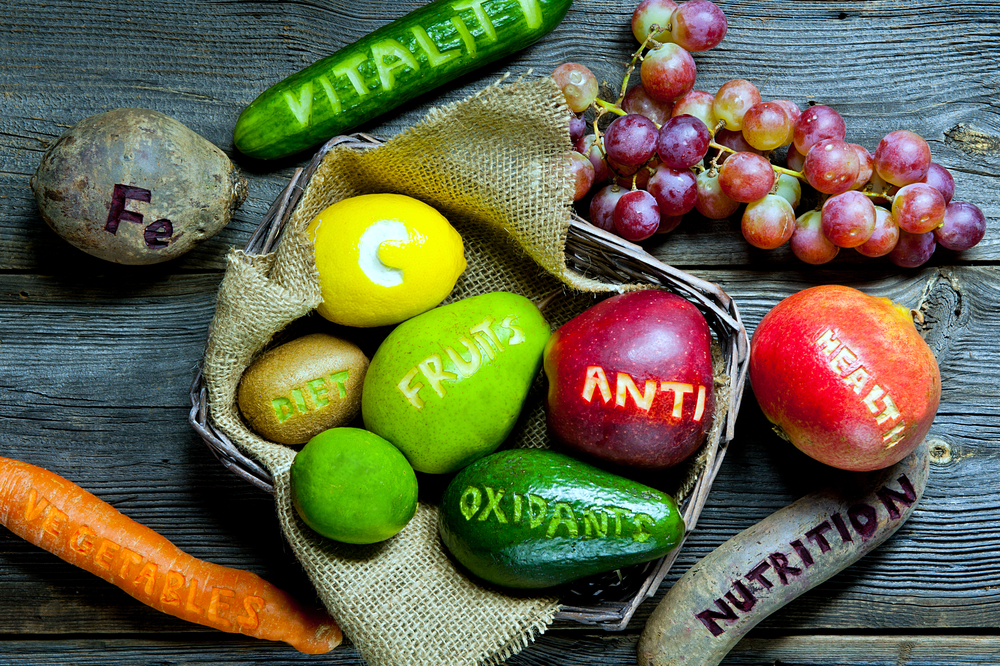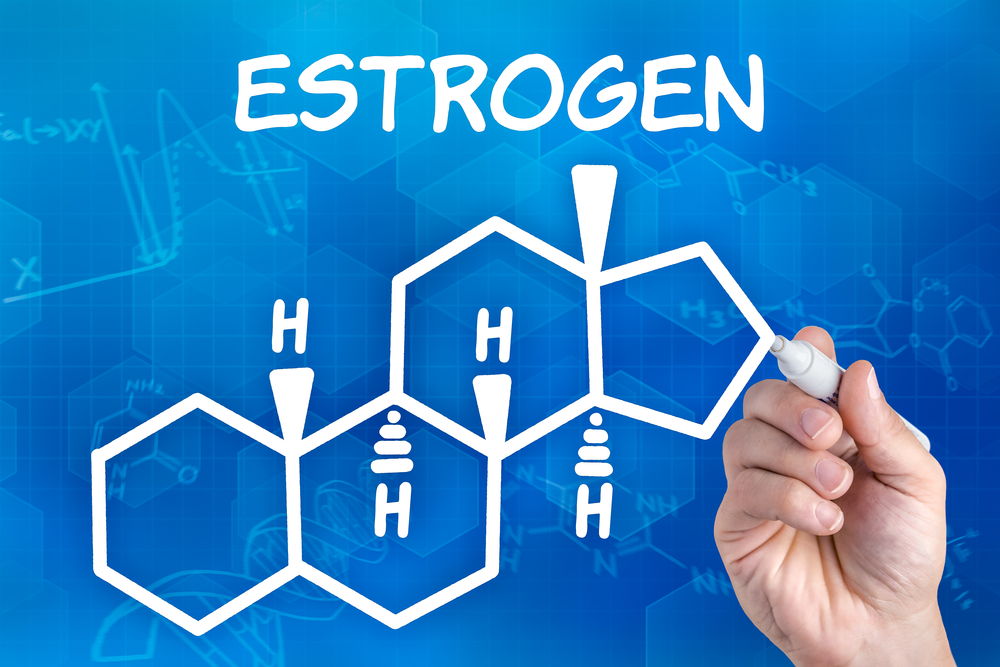Type 2 diabetes is the most frequently experienced form of diabetes, with the Centers for Disease Control and Prevention stating that 29 million Americans suffer from this condition. What’s worse is that one in four Americans with type 2 diabetes aren’t aware that they have it. Around 86 million Americans (one in three Americans) are in a prediabetic state where blood glucose levels are elevated, but not enough to be classified as diabetes. Diabetes treatments include careful monitoring of blood sugar levels, diet and exercise and medication when necessary. A new study suggests that resveratrol may also be able to help fight diabetes.
Type 2 Diabetes
The American Diabetes Association states, “[i]n type 2 diabetes, your body does not use insulin properly. This is called insulin resistance. At first, the pancreas makes extra insulin to make up for it. But, over time your pancreas isn’t able to keep up and can’t make enough insulin to keep your blood glucose levels normal. Type 2 is treated with lifestyle changes, oral medication (pills) and insulin.”
Even if you don’t currently have type 2 diabetes, there is a good chance that you may be prediabetic. Lifestyle changes are one important way to help treat diabetes, or to lower your prediabetic levels. A diet that features foods low on the glycemic index is the first line of defense against diabetes type 2. Beans, whole grains, citrus fruits, berries and dark, leafy greens are all excellent choices when it comes to healthy eating. Exercise is also recommended for those who are prediabetic or who have type 2 diabetes. Sometimes, monitoring your blood glucose levels and making great lifestyle changes aren’t enough to treat diabetes.
Treatment
Traditionally, treatments for diabetes can include insulin or other injectables, oral medications in the form of pills, or even an aspirin regimen. However, a new study indicates that there may be another force that battles diabetes: resveratrol.
Resveratrol, found in foods such as red grapes, red wine, peanuts and blueberries, among others, may be an excellent dietary supplement for those with type 2 diabetes. Research and review of major reports and clinical trials indicates that resveratrol works against diabetes in several ways. Studies suggest that resveratrol helped with systolic blood pressure, hemoglobin AC1 and creatine. Because resveratrol is safe to use as a supplement, these findings are encouraging. Although resveratrol may be beneficial as a supplement to type 2 diabetes, it is important to note that resveratrol would not be effective as the sole treatment of diabetes. Resveratrol has no effect on fasting glucose levels, insulin and LDL/HDL. Additional research is necessary in order to conclude that resveratrol supplementation should be added to treatment plans for people with type 2 diabetes.
Diabetes is a prevalent condition that has major impacts on the lives of those it affects. To reduce your risk for type 2 diabetes, start increasing your intake of fruits, non-starchy vegetables and whole grains. Coupled with an active lifestyle, dietary changes can make a huge impact on your risk of getting type 2 diabetes.



